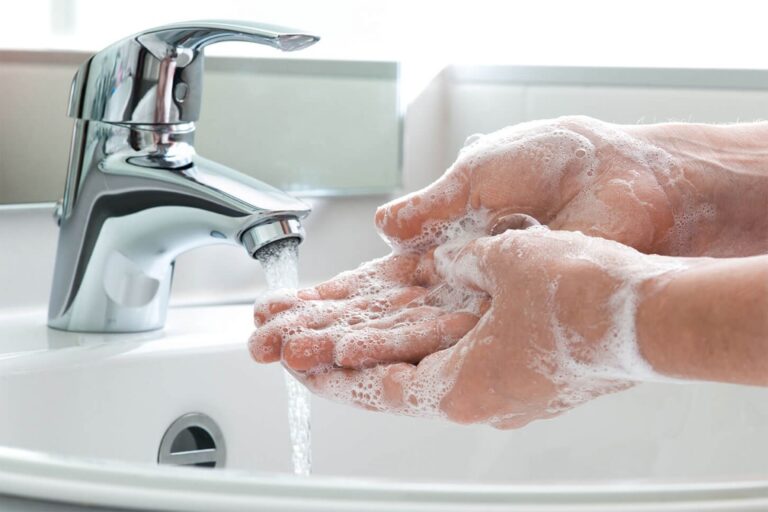An example of Greywater usage would be water used for washing cloths which is then used in a toilet. It is becoming increasingly popular in businesses as a means to make the most of their water usage and improve sustainability.
If, for example, your hotel, university or leisure centre has shower facilities for employees or customers, you can significantly reduce your water and wastewater bills by recycling the greywater from them.
At the moment, you’re only using it once in the showers before it’s flushed down the drain.
But you don’t always need the water to be potable for all uses – when it comes to flushing toilets, washing vehicles, pavements or yards, or watering grounds, greywater is perfectly all right.
You’d no longer have to pay for water you use to wash your hands with and pay for the water you use to flush toilets with. By using the greywater from the sink and diverting it into the toilet cistern, you’ll only pay once for water you’ll actually use twice.

Another advantage is that by reducing the amount of water you flush away, you will also reduce your wastewater costs.
If you scale that up to the size of your business, then you’re looking at significant savings. And not just in monetary terms. A licence will define the nature of the discharge that is covered by the consent and will detail any restrictions you must follow. Samples of discharge will be taken on a regular basis to ensure that compliance is maintained.
A green benefit of recycling greywater is that less water will need to be abstracted from our rivers and aquifers. The less water we abstract from the environment, the less stress both will be under and the more water will be available for humans and nature. Greywater recycling also decreases the amount of wastewater released back into the environment, helping to prevent water stress.
Greywater systems are becoming increasingly popular with businesses. They come with pumps and filtration units which partially treat the greywater before it’s used. It’s important to note, however, that if your greywater contains food debris, it will have to be treated in a septic tank. This will come at a small cost, but the savings you’ll make on your water bills will quickly cover the installation and running costs.

Our expertise and market leading technology combine to make the process simple for you.

Full-service support for correct consents and licenses and the application process.

Consistently reliable, hassle-free bills from our market-leading billing platform.

Support and data reporting to help sustainability and environmental targets.
Trade effluent consent is a vital part of wider legislation which protects the environment. It’s illegal to discharge trade effluent without consent and doing so carries the risk of prosecution and fines.